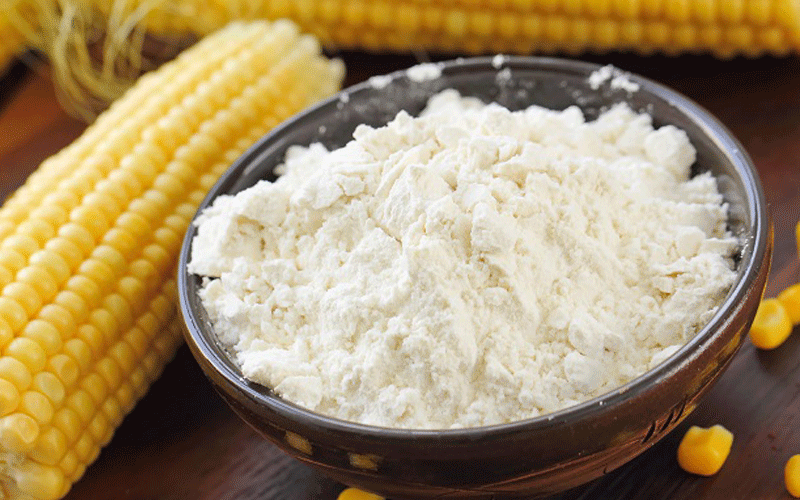Kebs orders removal of 17 maize brands from shelves

Lewis Njoka @LewisNjoka
Kenya Bureau of Standards (Kebs) has ordered 17 maize flour brands removed from the market for containing high aflatoxin levels which makes them unsafe for human consumption.
Among the 17 brands is Dola, a popular brand manufactured by Kitui Flour Mills, one of the five maize flour brands suspended by the standards regulator in May last year. Its suspension back then was lifted 11 days later.
Other suspended brands include Tetema, African King, Unique, Mlo, City Corn Maize Meal, Sarafina Maize Meal, Tosha Maize Meal, Ahiba Maize Meal, Hakika Best, Budget Maize Meal, Wema Maize Meal, Jomba, Adardere Mupa, Afya, and Sungura.
Aflatoxin is a toxic compound produced by some type of moulds found in food and can cause liver damage and cancer.
The standards regulator warned that legal action will be taken against millers who fail to adhere to the suspension directive.
“While conducting its mandate of market surveillance, Kebs has tested maize meal brands and has found some of them to contain levels of aflatoxin higher than the requirement of the relevant Kenya Standard making them unsafe for human consumption,” Kebs Market Surveillance director Peter Kaigwara said in a statement yesterday.
“Please note that this is an offence under the Standards Act Cap 496 laws of Kenya to offer for sale substandard goods, and therefore failure to adhere to this request might lead to legal action against you,” he added.
However, Consumer Federation of Kenya (Cofek) has accused Kebs of insincerity over the order to withdraw maize flour brands from the market, terming it an ineffective approach.
Substandard goods
In a phone interview with Business Hub Cofek Secretary General, Stephen Mutoro wondered why Kebs waits until locally produced substandard goods are on the shelves instead of instituting checks to net them at the point of production.
“It is becoming a public relations stunt from Kebs. Kenyans cannot be treated to announcements without seeing heads roll.
They didn’t have to wait until the goods are in supermarkets, they should have done earlier checks.
They need to devise a better way so that they don’t have to rely on sampling in supermarkets,” said Mutoro.
He called on Kebs to find the actual source of contamination, saying the recall and destruction cycles of food items would go on unless the matter was addressed conclusively.
Better strategy
“It shows a lot of laxity on the part of the government. They need a better strategy to deal with such life and death issues,” Mutoro added.
Retail Traders Association of Kenya (Retrak) Chief executive officer Wambui Mbarire, called on retailers to comply with the Kebs order, saying they had a responsibility to ensure food safety.
“We stand guided by Kebs on matters standards in the interest of ensuring we stock only that which is certified as food safe. We have that responsibility,” she said.
Last year, Kebs vowed to step up market surveillance and factory inspections to seize and destroy substandard goods, including food items.
Retailers are required to ensure that all products they offer to the customers have a standardisation mark.
The supplier is also required to provide the retailers with a copy of the valid permit for products they supply.
Consumers, on the other hand, are provided with information on product packaging for them to make an informed decision before buying any product.









